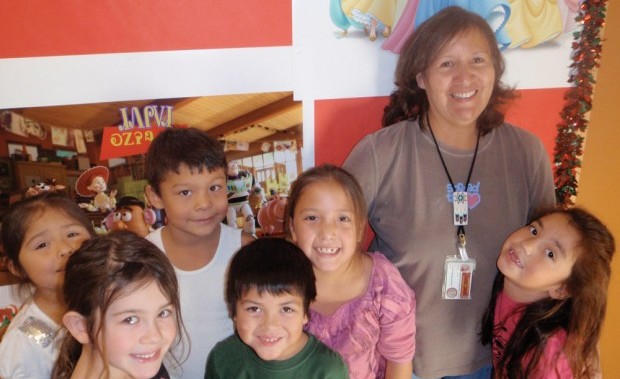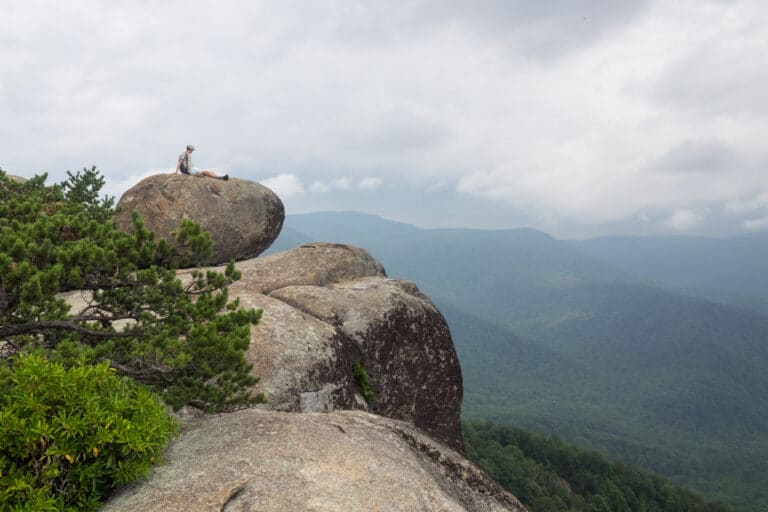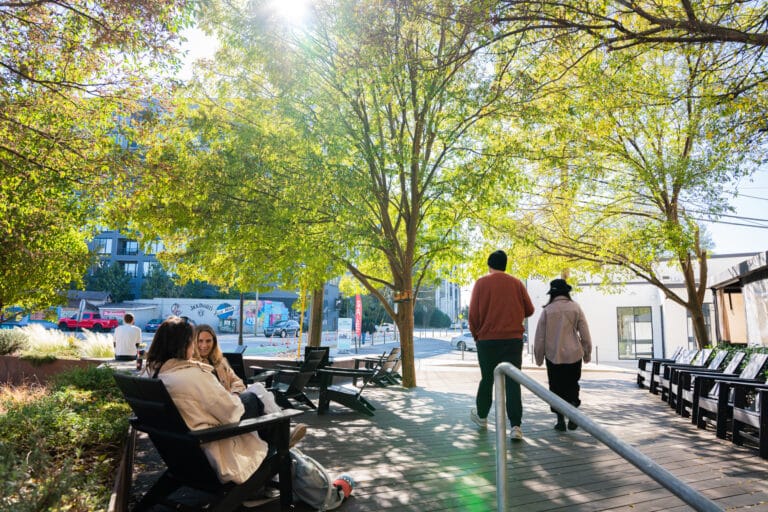In 1996, a private 309-acre tract of land within Great Smoky Mountains National Park was sold for $3.5 million. With that transaction, the buyers were able to reclaim what was rightfully theirs—and had been for 10,000 years.
The Eastern Band of the Cherokee had purchased Kituwah, the legendary birthplace of their people (Kituwah, pronounced gid-doo-wah, is also the original name of the Cherokee and their language). At Kituwah, the Creator handed down the laws and gave them the gift of fire. In the middle of Kituwah’s open fields, there is a mound that once held the hearth of the eternal flame—a fire so significant to the Cherokee people that members of distant villages would walk hundreds of miles to visit it. They would leave dirt or ash from their village on the mound before collecting the warmth and light of the flame to bring home to their family and neighbors.
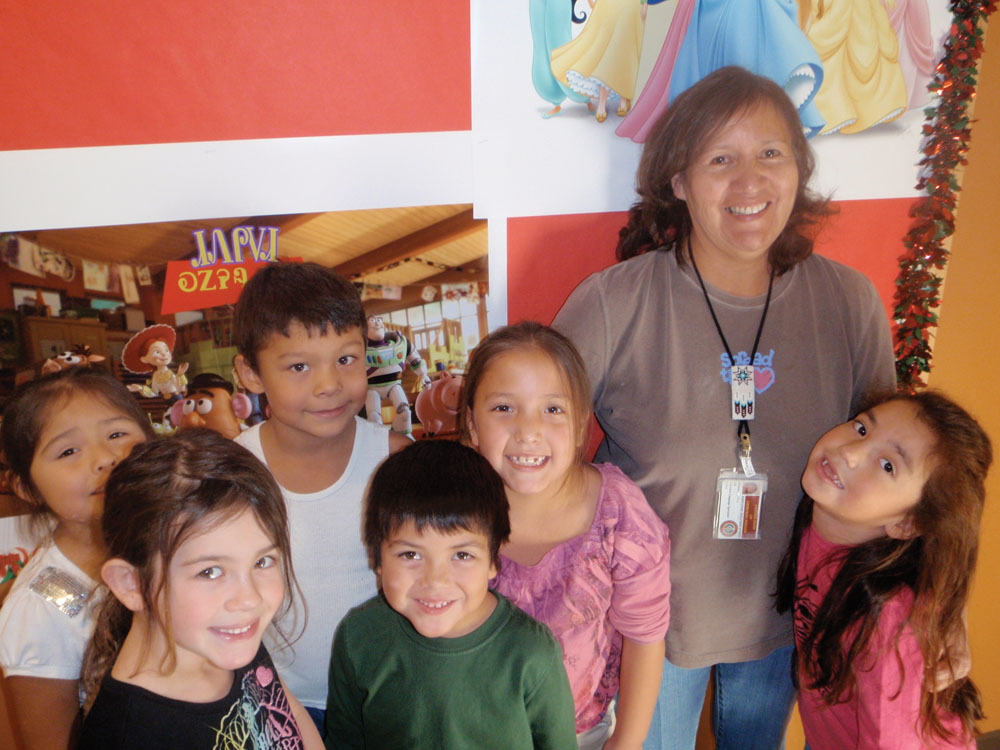 The eternal flame was carried away to Oklahoma in the 1830s when many of the Cherokee were forcibly removed from their homelands. But those who have remained in the mountains—known today as the Eastern Band of Cherokee—are hoping to rekindle the ancient fire through language. Just a few miles away from Kituwah, just past Harrah’s Tribal Casino, the New Kituwah language immersion school is reviving Cherokee traditions and culture.
The eternal flame was carried away to Oklahoma in the 1830s when many of the Cherokee were forcibly removed from their homelands. But those who have remained in the mountains—known today as the Eastern Band of Cherokee—are hoping to rekindle the ancient fire through language. Just a few miles away from Kituwah, just past Harrah’s Tribal Casino, the New Kituwah language immersion school is reviving Cherokee traditions and culture.
The school, which enrolls children as newborns, is helping children appreciate their native language and preserve the Cherokee identity. Out of roughly 12,000 Cherokee living in Western North Carolina, only about 270 of them still speak Kituwah and the average age of native speakers is 57. The Kituwah language is literally dying out.
“Language is a part of who we are. It is part of our identity and what makes us Cherokee,” says Renissa Walker, the immersion school manager.
Walker’s son was one of the first students at New Kituwah. He started in the school’s pilot class as an infant and is now one of six first graders.
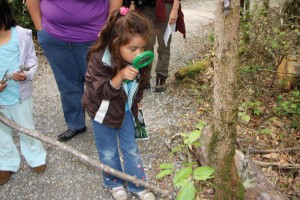 Many senior Cherokee grew up in a household where Cherokee was spoken as the first language. However, when those individuals started attending primary school, they had trouble adapting and were often made fun of because of their language and accent. As a result, most of those individuals refused to teach their children the Cherokee language. For two generations now, the prevailing trend of the Cherokee family has been to avoid speaking their native tongue.
Many senior Cherokee grew up in a household where Cherokee was spoken as the first language. However, when those individuals started attending primary school, they had trouble adapting and were often made fun of because of their language and accent. As a result, most of those individuals refused to teach their children the Cherokee language. For two generations now, the prevailing trend of the Cherokee family has been to avoid speaking their native tongue.
